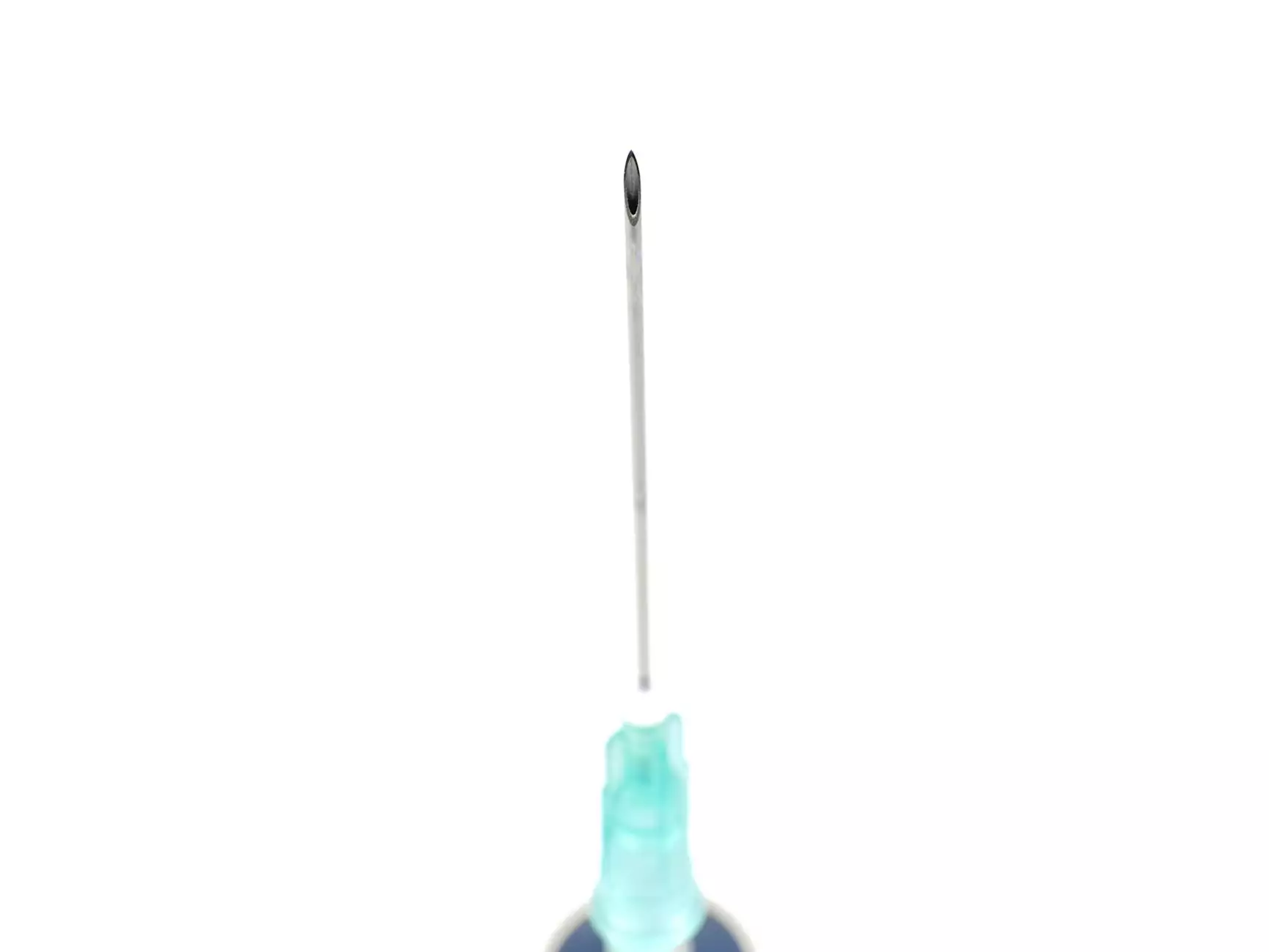The Power of Precision Injection in Metal Fabrication

Metal fabrication represents a crucial field in various industries, providing essential components for manufacturing, construction, automotive, and many other sectors. At the heart of modern metal fabrication is the technique of precision injection, a process that offers remarkable accuracy, efficiency, and innovation. In this article, we'll delve into the significant aspects of precision injection, exploring its techniques, benefits, and real-world applications to understand why it is a game-changer for businesses in the metal fabrication industry.
Understanding Precision Injection
Precision injection refers to a manufacturing process wherein molten materials are injected into a mold to create specific shapes and components. This method is primarily used for metals and alloys, where precision and dimensional accuracy are paramount. The process involves several key steps:
- Material Selection: Choosing the right metal or alloy that can endure the intended application.
- Melting the Material: The selected metal is heated until it reaches a molten state.
- Injection into Molds: The molten metal is forced into precisely designed molds under high pressure.
- Cooling and Solidification: The injected metal cools in the mold, solidifying into the desired shape.
- Mold Removal: Once cooled, the component is ejected from the mold for finishing and inspection.
Key Advantages of Precision Injection
The utilization of precision injection in metal fabrication comes with numerous benefits that can significantly enhance production processes:
1. Exceptional Accuracy and Consistency
One of the primary advantages of precision injection is the ability to produce parts with exceptional accuracy. This level of precision ensures that components fit perfectly in assembly processes, reducing the likelihood of errors that can lead to product recalls or failures.
2. Increased Production Speed
The automation of the precision injection process translates to faster production cycles. Mold designs allow for rapid injection and cooling times, leading to improved output rates while maintaining quality.
3. Cost-Efficiency
Although the initial setup cost for precision injection molds may be higher, the long-term savings are significant. The ability to produce high volumes of parts without extensive labor reduces overall manufacturing costs, making this technique a financially sound choice for businesses.
4. Versatility in Design
Precision injection allows for unparalleled flexibility in design. Manufacturers can create intricate shapes and features that would be difficult or impossible to achieve with traditional methods, opening the door to creative solutions and innovative products.
5. Waste Reduction
Efficient material usage and minimal scrap generation are additional benefits of precision injection. The mold-based approach maximizes material use compared to other methods, thereby reducing environmental impact and contributing to sustainability.
Applications of Precision Injection in Various Industries
The application of precision injection spans many industries, demonstrating its versatility and effectiveness:
1. Automotive Industry
In the automotive sector, the demand for lightweight and durable components is ever-growing. Precision injection allows manufacturers to produce essential parts such as engine components, brackets, and structural elements that require high strength while minimizing weight.
2. Aerospace Engineering
Aerospace components necessitate the highest levels of precision and reliability. Precision injection is utilized to manufacture critical flight components, ensuring they meet stringent safety standards and operational efficiency.
3. Medical Devices
In the medical sector, equipment and devices must uphold the highest levels of quality and accuracy. Precision injection is employed in the production of surgical instruments and implants, where precision is vital to patient safety and functionality.
4. Electronics Manufacturing
As the electronics industry evolves, so does the requirement for smaller, more intricate parts. Precision injection facilitates the creation of cases, connectors, and other components that fit into compact electronic devices, combining durability with precision engineering.









